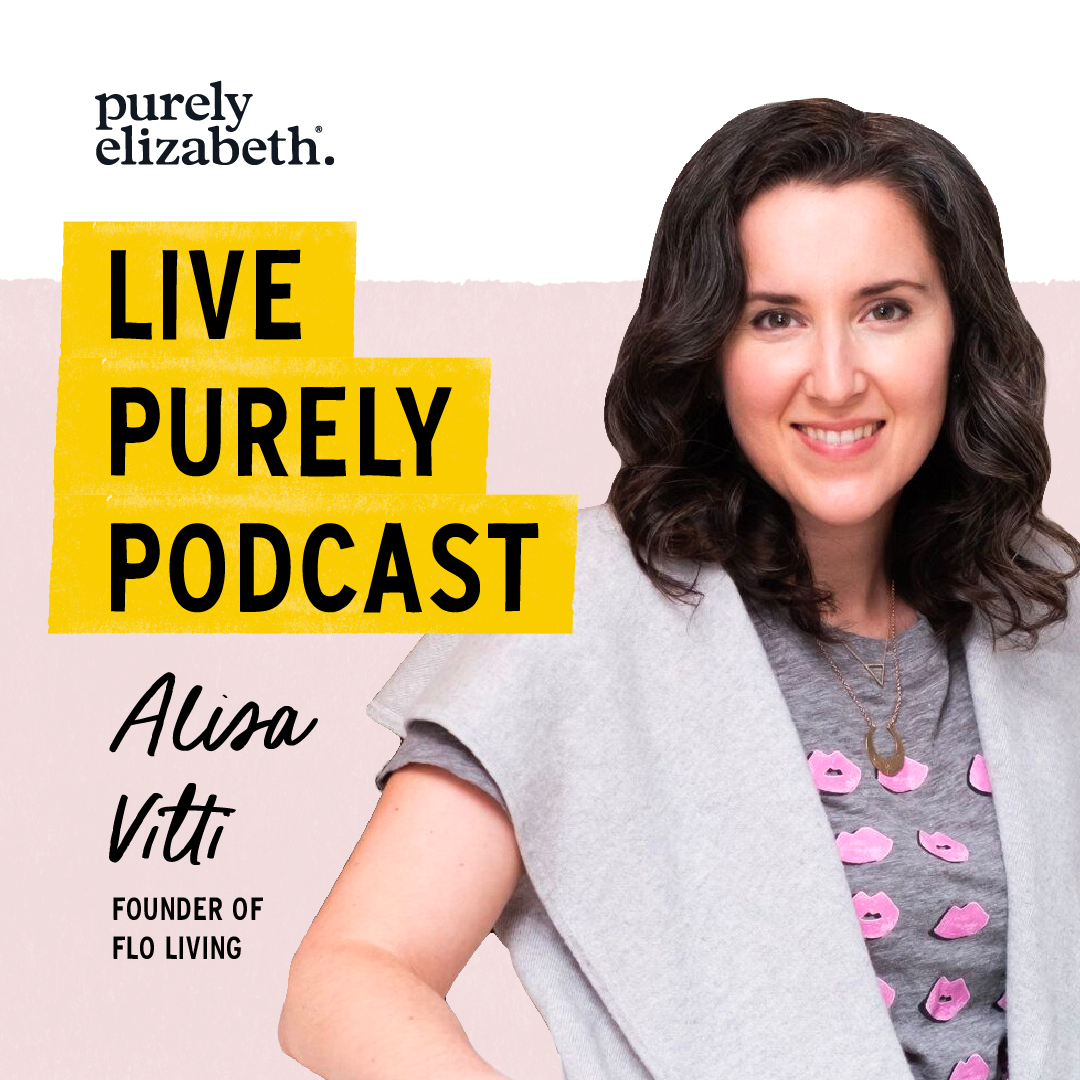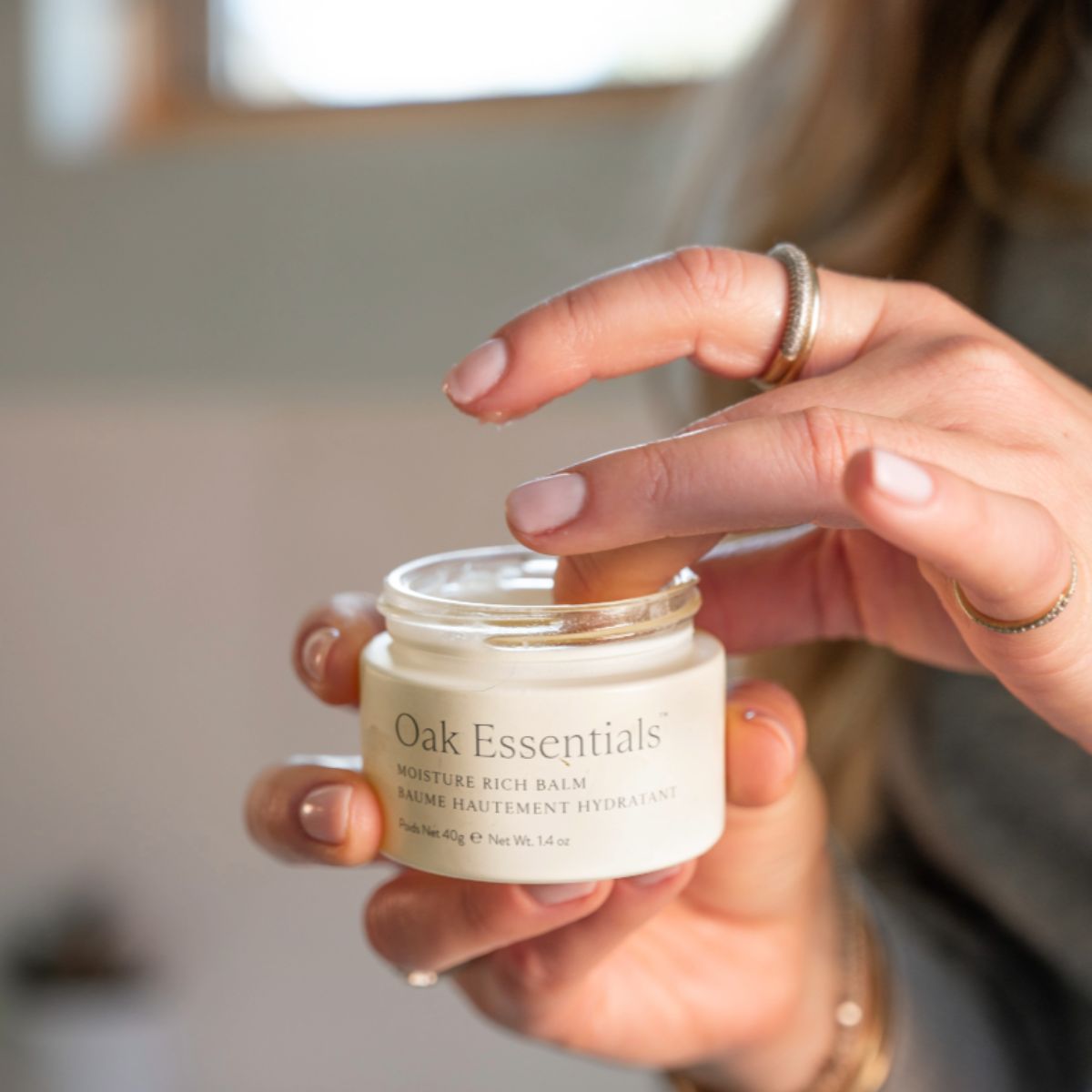Elizabeth invites back hormone expert, functional nutritionist, MyFlo app creator, and author, Alisa Vitti. Alisa first touches upon the origins of her Cycle Syncing Method, explaining its transformative impact on women worldwide, helping them harness their natural rhythms for increased energy and reduced PMS symptoms. She and Elizabeth then get into some listener questions where she covers topics such as cycle lengths, hormone balance, birth control, hormonal dietary disruptors, and strategies for strength and vibrancy during perimenopause and menopause. Join Alisa's thriving community and discover the power and freedom that understanding your cycle brings!
Podcast
Q&A About PMS, Hormones and Cycle Syncing
with Alisa Vitti

You may also like
Mix & Match










